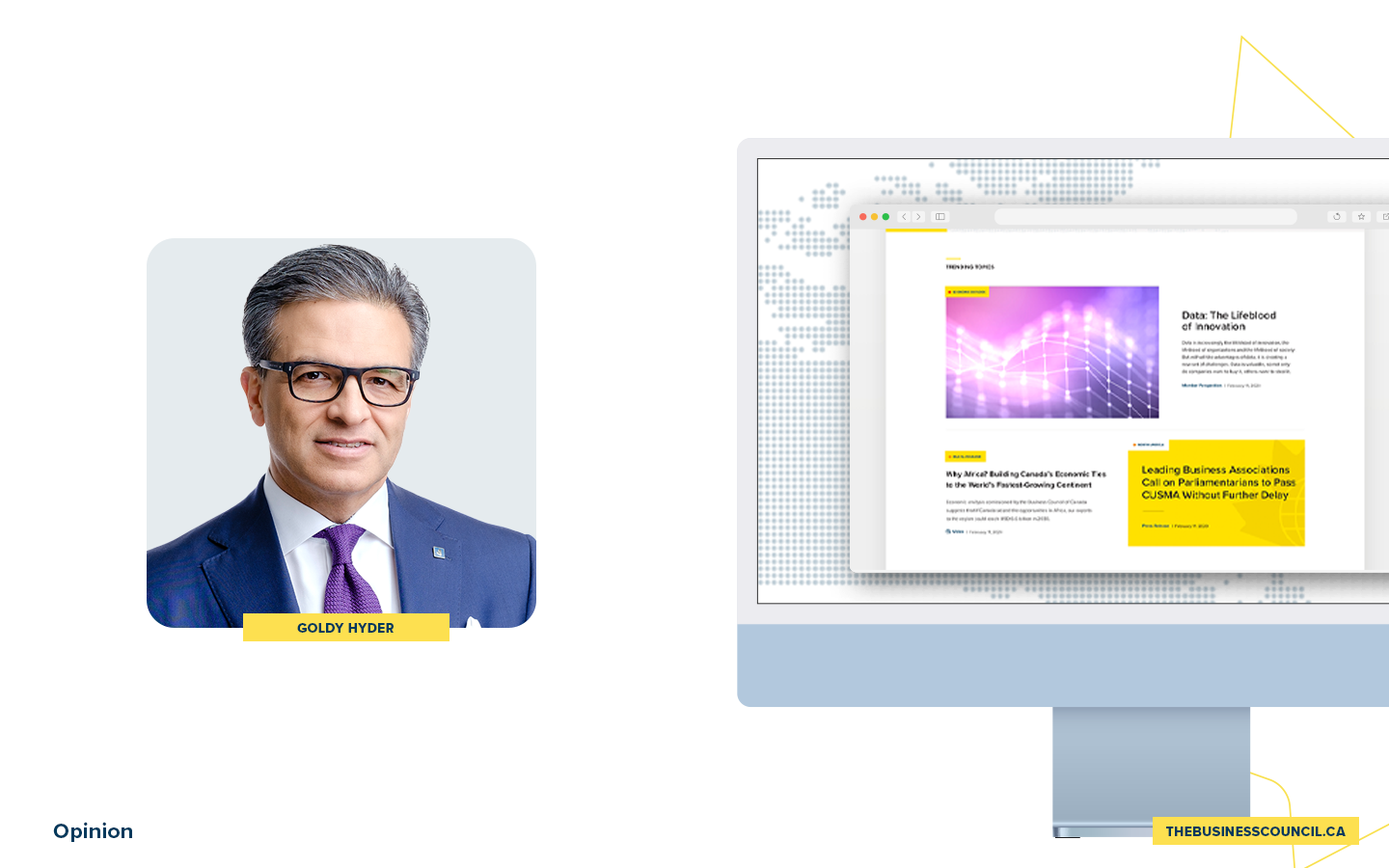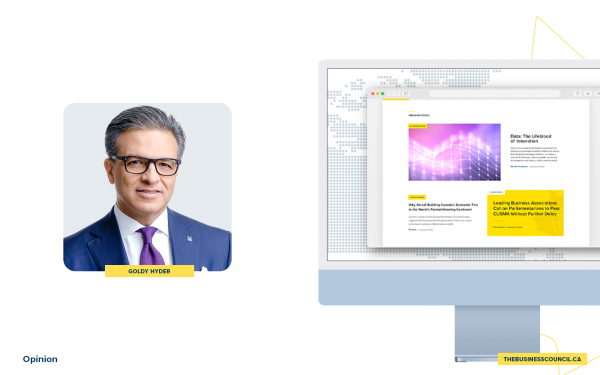Don’t Cry For Argentina
As published on LinkedIn
Leadership matters.
Policy matters.
Speed matters.
Not too far back in global history Argentina and Canada were equally rich countries. Both had benefited from free trade, managed immigration and pro-investment policies. Each was exporting agricultural products and neither had fully tapped into the potential of their abundant natural resources from critical minerals to oil and gas. Both were benefiting from policies that focused on establishing long-term economic growth. At one point, Argentina was doing so well it was in fact a richer country than Canada and boasted a GDP that was nearly that of the United States.
Then something happened.
While both countries were hit hard by the Great Depression, coming out of it Argentina chose policies that saw its economy in free-fall leading to economic collapse. Argentina become more and more isolated from the world. For decades it experienced long-term economic, social and institutional decline. The fiscal picture was in turmoil. Argentinians experienced triple digit inflation. It would have been scoffed at to suggest that one of the most resource rich countries, with one of the highest literacy rates in the world only a hundred years ago, would become an underdeveloped country as Argentina had.
Then came President Javier Milei.
I have just come from Argentina. I hadn’t planned on traveling there this spring but added two days in Buenos Aires to the end of a long-scheduled visit to Chile after meeting Argentina’s General Secretary of the Presidency, Karina Milei, (sister of the President) at this year’s PDAC (mining) conference in Toronto. She encouraged me to visit the country to see for myself the transformation taking place. Having now witnessed it firsthand, I can say that what is happening there is surprising, impressive and instructive.
Having a leader who is not afraid to speak the harsh truth to the people of how challenging and painful the road back will be, but the reward will be the return of hope and long-term prosperity is garnering support from the electorate.
Pain, it is said, is the best teacher.
With bold, decisive policy actions being implemented with speed and velocity unheard of in a democracy, Argentina now is one of a limited number of countries in the world to have a fiscal surplus. (Canada is not one of them). Deregulation has been the calling card for foreign investment and it’s working as businesses, including Canadian companies that have persevered the down cycle of the economy over decades, are seizing the opportunities now before them.
Most important impact on the average person is the decline of inflation from over 200% just a couple years ago to a forecasted 35% in 2025. While that remains high it is nonetheless quite the drop in a short period of time. This has led to a reduction in poverty levels for millions of Argentinians.
As expected in any democracy, President Milei’s policies are controversial and are not universally supported by people in Argentina. Yet despite the pain that has endured and, in some respects, will still be evident for some time as the economic transformation underway continues, the government is expected to be rewarded with significant gains in the legislature in October’s mid-term elections.
There remains much to do. But if I were a betting man, I would say do not bet against Argentina, providing the leadership, the policies and the velocity with which change is being brought about continues. Many wonder if this is sustainable.
Time will tell.
* * * * *
Dare I say Canada and Canadians should take note. In the last eight federal elections the electorate has delivered six minority parliaments. Clearly the policies on offer haven’t captured the imagination of the electorate the way they have in Argentina. Maybe Canadians recognize that to course-correct our current economic malaise and the corresponding affordability issues in many swaths of society, they too are in search of bold, honest and courageous leadership.
For too long we have been a country of ‘good enough’, buffered by our relationship with the United States. We have now been awoken to a new reality, one in which we need to control our own destiny. With the election of our new federal government under the leadership of Prime Minister Mark Carney who, like President Milei, comes to power with great expectations, and a promise of transformational change, perhaps Canadians are acknowledging what got us here will not get us to where we need to be going.
Can our leaders and political parties meet the moment and offer leadership and policies for Canada with ambition and action like we have never seen before?
Time will tell.











